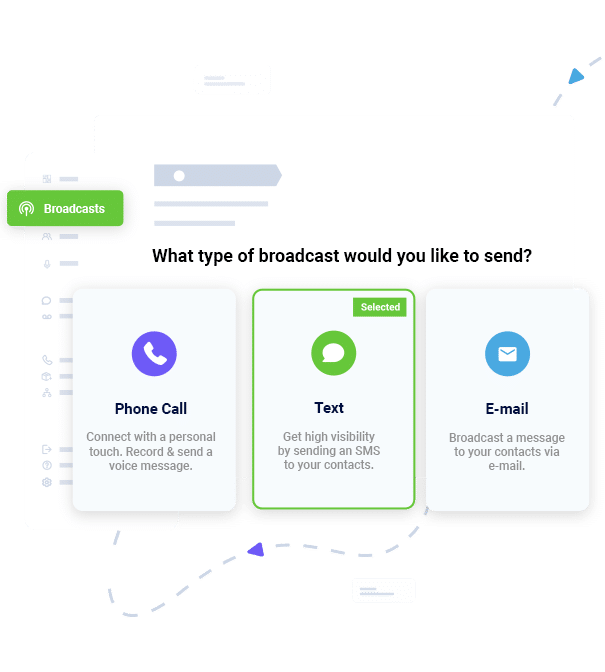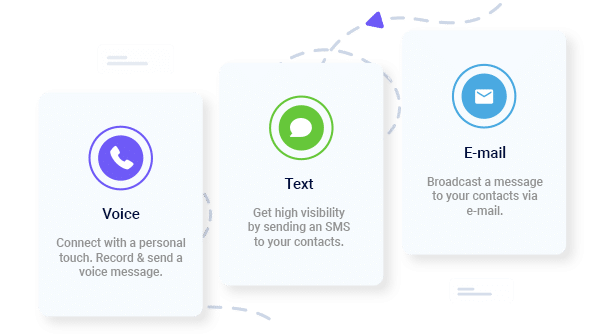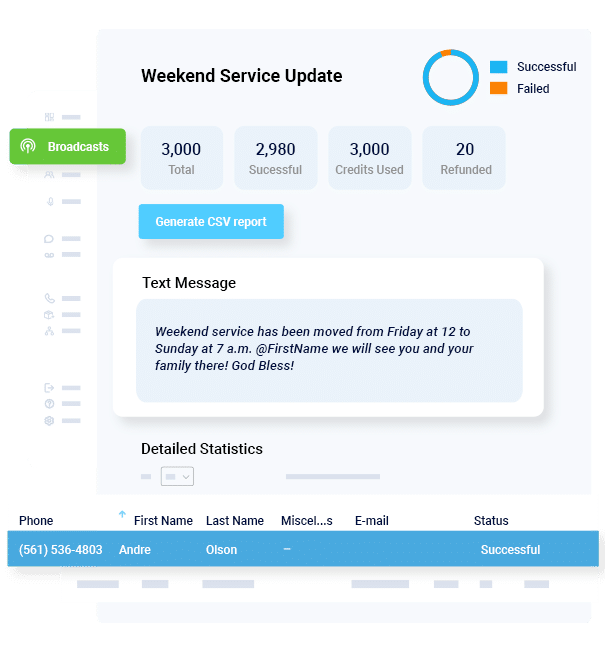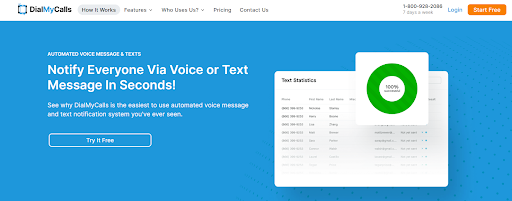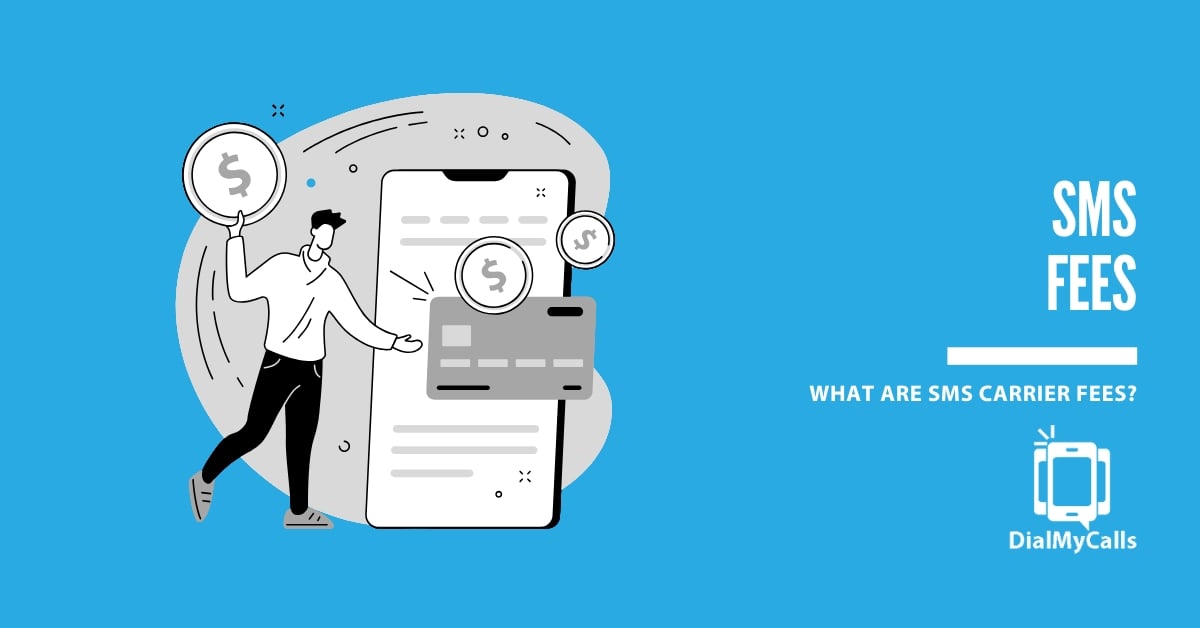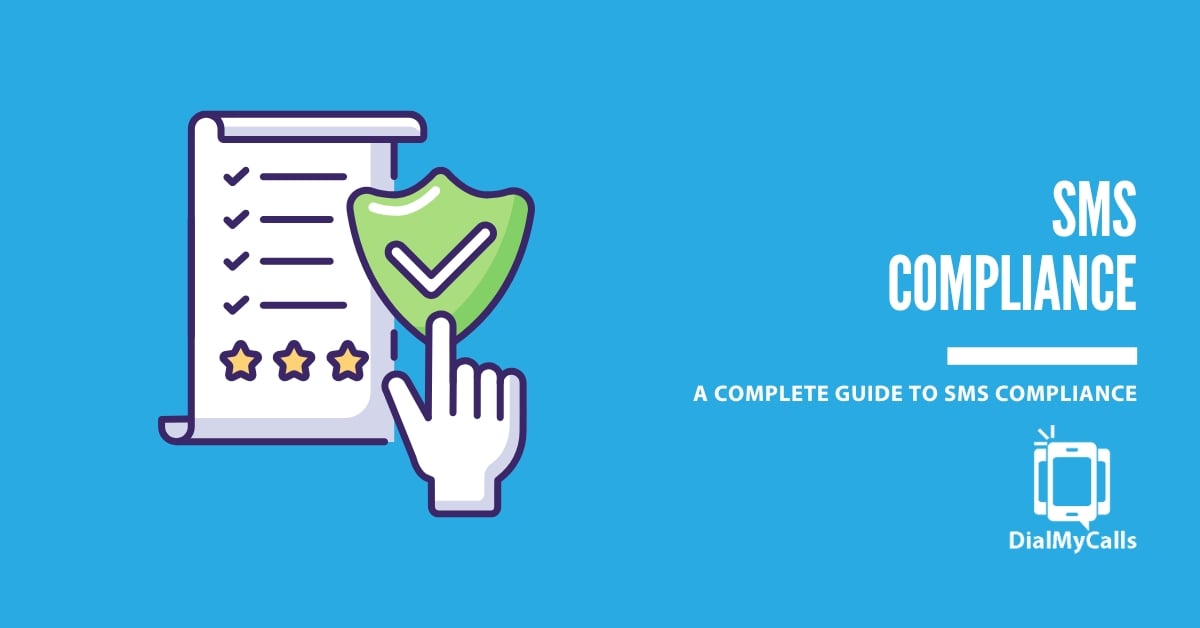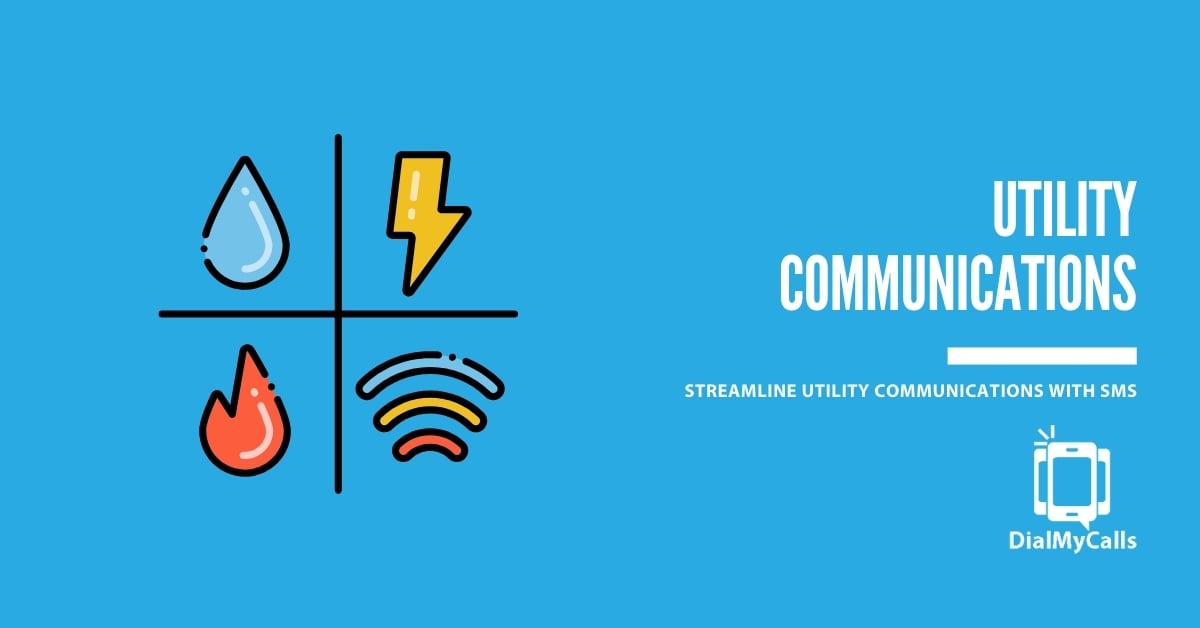Author
Tim Smith is the Media Manager at DialMyCalls, where he has leveraged his expertise in telecommunications, SaaS, SEO optimization, technical writing, and mass communication systems since 2011. Tim is a seasoned professional with over 12 years at DialMyCalls and 15+ years of online writing experience.
Try Using DialMyCalls Right Now
Start For FreeRecent Posts
- What are SMS Carrier Fees and How to Lower Your Costs
- 8 Creative SMS Marketing Ideas to Boost Engagement This Summer
- 15 Ways to Use QR Codes For Event Promotion & Attendee Engagement
- Top 6 Automated Calling Service Providers For Your Business
- Boost Customer Experience with QR Codes: From Menus to Payments
Categories
“I am a youth minister and have spent hours in the past calling students individually to remind them of an upcoming event or to get out an urgent announcement. With DialMyCalls.com, I cut that time down to about 1 minute. I also love how I can see exactly who answered live and how long they listened so I know if they heard the whole message. DialMyCalls.com is the best website I have stumbled upon all year! Thanks!”
Central Baptist Church
Try Using DialMyCalls Right Now
Start For FreeWhy Nonprofits Must Adopt a Marketing Mindset for Success
Posted by Tim Smith in General Post on July 29, 2019
Updated on February 12, 2025
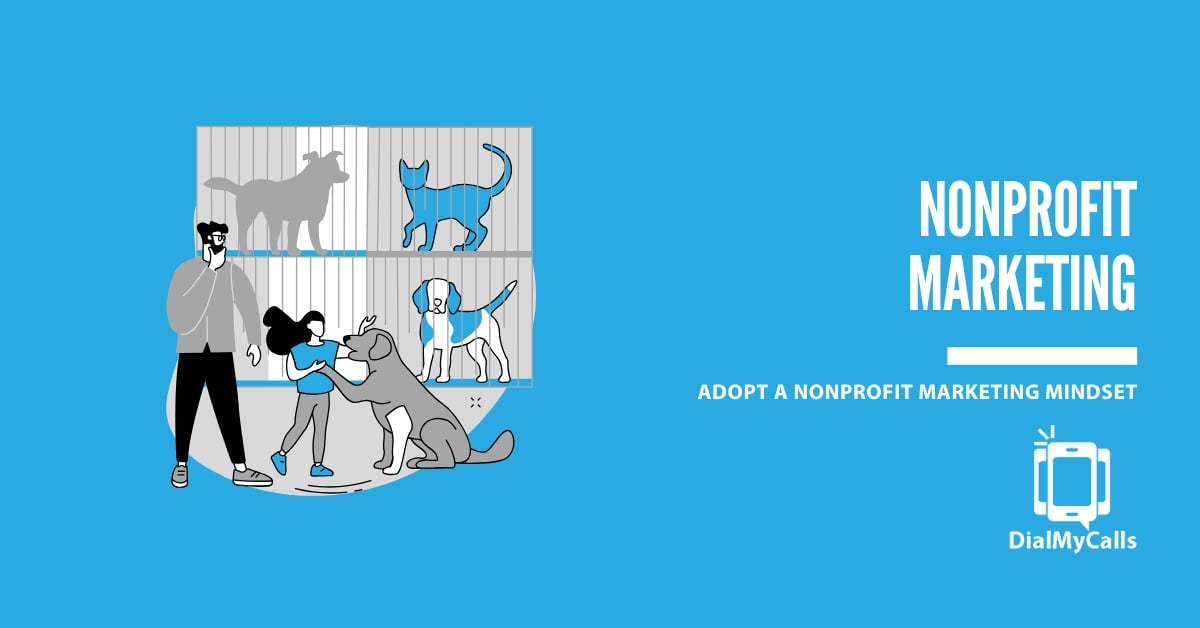
Imagine pouring your heart into a campaign—every word carefully chosen, every image perfectly aligned, and it’s everything your audience should care about—but it gets lost, buried under flashier, louder messages.
Why? Because today’s supporters are bombarded with content. From for-profits pushing their products to influencers selling their lifestyles, the competition for attention is relentless. Nonprofits, despite their noble missions, aren’t exempt from this reality.
Here is a tough pill: it’s not enough just to have a worthy cause; you need to communicate it in a way that cuts through the noise, grabs attention, and inspires action. That’s why non-profit organizations like you need to shift towards a marketing mindset.
So, in this blog, I’ll talk about why you should consider shifting your approach to communications; and how a marketing mindset can unlock new levels of engagement, support, and impact for your organization. Whether you’re running a grassroots charity or managing a global nonprofit, the key to success starts here.
Reach Thousands, Instantly
Grow Your Business by Leveraging Mass Texting
Understanding the Marketing Mindset
Let’s first gain clarity on what a ‘marketing mindset’ is.
In the nonprofit sector, a marketing mindset isn’t about hawking products or chasing profits—it’s about adopting a strategic, audience-first approach to communication.
Think of it as shifting from simply broadcasting your message to creating a two-way conversation with your supporters. It’s less “Look at all the great things we’re doing” and more “Here’s how you can join us in creating meaningful change.”
At its core, a marketing mindset is built on three pillars: customer-centric thinking, crafting a compelling value proposition, and executing strategic outreach.
Let’s understand them one by one.
Customer-Centric Thinking
To thrive, nonprofits must think of donors, volunteers, and stakeholders as customers. This doesn’t mean that you start handing out loyalty cards at the next fundraiser—it means understanding their needs, preferences, and motivations.
For example, a major donor might care deeply about the long-term impact of their gift, while a volunteer might value a sense of community and tangible ways to contribute.
Value Proposition Development
Every nonprofit has a story to tell, but a marketing mindset ensures that the story isn’t just compelling—it’s irresistible. Your value proposition should clearly answer Why someone should care about this mission?
This isn’t a time for vagueness. If your nonprofit rescues abandoned animals, your value proposition might sound like: “For every $50 you donate, we provide shelter, food, and medical care to one rescued animal.” It’s clear, specific, and results-oriented.
Strategic Outreach
You cannot rely solely on flyers and bulletin boards anymore. That’s why having a marketing mindset ensures you use a multi-channel approach to meet stakeholders where they are.
This might look like using social media, email campaigns, and even text messaging to engage supporters. It’s all about maximizing reach without diluting the message.
Applying the ‘Marketing Mindset’ to Nonprofits
Don’t worry! Adopting this mindset doesn’t require a complete overhaul of your nonprofit’s DNA—it just needs a willingness to evolve.
View Donors and Volunteers as Customers
These are the people investing their time, money, or resources into your cause. Treat them like VIPs because, spoiler alert, they are.
Utilize Data-Driven Strategies
Track donor behavior, email open rates, or social media engagement metrics to refine your approach. Data isn’t just a tech buzzword—it’s your guide to more meaningful connections.
Craft Compelling Narratives
Data is great, but stories are unforgettable. Share authentic, relatable stories that illustrate the impact of your work. Let the numbers support the narrative, not overshadow it.
A marketing mindset doesn’t just amplify your reach; it transforms how your organization connects with the people who make your mission possible. And that, my friends, is how you turn casual supporters into lifelong advocates.
Benefits of a Marketing Mindset in Nonprofit Communication
Adopting a marketing mindset isn’t just a trendy concept; it can truly be a game-changer for nonprofits that want to stand out, inspire action, and build lasting relationships. The beauty of this approach lies in its ability to amplify your impact while creating a ripple effect of engagement, trust, and loyalty.
Enhanced Engagement
When was the last time a generic email made you stop and say, “Wow, this feels like it was written just for me”? Exactly. Personalized messaging is the secret sauce to cut through the noise.
Personalized Messaging
Craft content that speaks directly to your audience’s values, interests, and experiences. For instance, instead of sending the same thank-you email to every donor, segment your list and tailor the message based on donation size, frequency, or campaign involvement.
Increased Participation
Engaged supporters don’t just click “like” on social media—they show up, donate, and spread the word. By focusing on storytelling and emotional resonance, you can inspire action and boost attendance at events, fundraisers, and volunteer opportunities.
Improved Fundraising Outcomes
Fundraising is the lifeblood of nonprofits, and having a marketing mindset can transform your campaigns from good to unforgettable.
Strategic Campaigns
People are often skeptical of vague donation requests. As a marketing-savvy nonprofit, you need to design your campaigns in a way that clearly communicates the need and the impact. For example, “Help us build a school” becomes “Your $100 can buy desks for 10 students in underprivileged communities.”
Story-Driven Fundraising
Pair impactful visuals with heartfelt stories to show donors exactly how their contributions make a difference. People are more likely to give when they feel connected to the cause.
Strengthened Brand Identity
Your nonprofit’s brand isn’t just a logo or a tagline—it’s the trust, credibility, and emotional connection people associate with your mission.
Consistency
A marketing mindset ensures all communication channels—social media, emails, events—speak with one voice. This consistency builds familiarity and trust.
Professional Communication
Polished, professional messaging sends a clear signal: this is an organization worth supporting. It reassures donors and stakeholders that their contributions are being used effectively.
Emotional Resonance
A strong brand doesn’t just tell people what you do; it shows them why it matters. By connecting with supporters on a human level, you make your cause unforgettable.
Broader Advocacy and Awareness
Marketing-minded nonprofits don’t just preach to the choir—they grow the choir.
Reaching New Audiences
Using targeted ads, SEO, and social media, nonprofits can attract individuals who might not have discovered their cause otherwise.
Advocacy Through Influence
Partnering with influencers, local leaders, or well-known supporters can help amplify your message to untapped audiences.
Education and Awareness
By sharing compelling content, you can educate the public on the issues your nonprofit tackles, turning curiosity into commitment.
Stronger Stakeholder Relationships
Supporters don’t want to feel like faceless names in your database—they want to feel like part of the team.
Regular Updates
Keep stakeholders in the loop with newsletters, impact reports, and social media updates. The more they know, the more invested they’ll feel.
Two-Way Communication
Make it easy for donors and volunteers to share feedback or ask questions. A marketing mindset fosters dialogue, not monologue.
Celebrating Contributions
Recognizing supporters publicly (whether through social media shoutouts or personalized emails) strengthens relationships and encourages continued involvement.
Increased Organizational Efficiency
Adopting a marketing mindset isn’t just about external benefits—it can streamline operations internally.
Clear Goals and Strategies
Marketing frameworks encourage clarity, helping teams align on objectives and prioritize tasks.
Data-Driven Decisions
By tracking what works (and what doesn’t), nonprofits can allocate resources more effectively and avoid wasted effort.
When nonprofits embrace a marketing mindset, they’re not just chasing donations—they’re building a community of passionate, engaged supporters who believe in their mission. And that kind of magic? It’s priceless.
Mass Texting, Made Easy
Send Bulk Text Message Campaigns in Seconds
5 Practical Steps for Implementing a Marketing Mindset in Your Nonprofit Organization
Adopting a marketing mindset isn’t about overhauling everything overnight. It’s about taking intentional steps that build on one another.
If you’re feeling a little uncertain about where to start—don’t worry; I’ve got your back. Let’s break it down into manageable steps that will lead to impactful results.
1. Conduct Audience Research
Knowing your audience is like having a GPS on a road trip. Without it, you’re driving blind, and that’s a risk nonprofits simply can’t afford to take.
- Surveys and Feedback: Consider directly asking your stakeholders. Use surveys to gather valuable insights about what drives them, their preferred communication channels, and how they see your organization.
- Data Analysis: Dig into your existing data. Which email campaigns performed best? Which events drew in the largest crowds? This is where you start building detailed supporter personas.
- Behavioral Insights: Go beyond just demographics. Knowing when your supporters are most likely to engage, donate, or volunteer will help you time your campaigns perfectly.
2. Develop a Strategic Communication Plan
Flying by the seat of your pants with communication will drain your time, budget, and energy. A solid plan ensures that every message you send has a purpose—and a destination.
- Set Clear Objectives: Whether your goal is to increase donations by 20% or grow your volunteer base, make sure your objectives are clear, measurable, and tied to your mission.
- Identify Key Messages: What is the core of your nonprofit’s mission? Your key messages should reflect that mission while being flexible enough to adapt to various audiences.
- Choose the Right Channels: Not all platforms are created equal. Is your audience primarily active on Facebook? Or are they scrolling through Instagram? Tailor your messaging to the platform that best suits your target group.
3. Use Digital Marketing Tools
Those bake sales and newsletters have their place, but to truly scale your nonprofit’s reach, digital tools are your best allies.
- Social Media Platforms: Instagram for behind-the-scenes glimpses, Twitter for quick updates, and Facebook for building community—each platform has its own purpose.
- Email Marketing: Email remains a powerhouse for nonprofit communication. Segment your lists to send targeted, personalized messages—because who wants a generic “Dear Friend” email?
- SMS Tools Like DialMyCalls: Text messages get noticed—and fast. Use SMS for quick event reminders, donation requests, and heartfelt thank-you messages. It’s direct and let’s face it, almost impossible to ignore.
- Content Creation Tools: Canva makes creating eye-catching visuals a breeze. With a bit of creativity, you can craft professional-looking graphics that pack a punch and capture your nonprofit’s story.
4. Measure and Evaluate Impact
If you’re not measuring your efforts, you’re basically playing the lottery—hoping for a win but not knowing if you’ll hit the jackpot. Measurement ensures you’re not just busy; you’re being effective.
- Establish Metrics: Decide on success indicators for every campaign—be it new donor sign-ups, email click-through rates, or volunteer engagement.
- Analyze Results: Use tools like Google Analytics or your email platform’s reports to review what worked and what didn’t.
- Iterate and Improve: View each campaign as an opportunity to learn. If something didn’t perform as expected, adjust and try again. Continuous improvement is the key to better engagement.
5. Foster a Marketing Culture
Building a marketing mindset isn’t just the job of your marketing team—it’s a collective effort that should involve everyone in the organization.
- Educate Your Team: Help everyone understand the ‘why’ behind your marketing efforts. When the whole team knows the importance of marketing, they’ll be more likely to contribute to its success.
- Empower Collaboration: Encourage departments to work together. A unified strategy between fundraisers, event planners, and communications teams will amplify your efforts.
- Celebrate Wins: When your campaign hits a home run, celebrate it! Share the results with your team and stakeholders to show how powerful a marketing mindset can be.
By following these steps, you’ll be well on your way from reactive communication to proactive engagement. And that, my friend, is how you make your mission unforgettable.
Conclusion
By embracing a marketing mindset, you can engage stakeholders on a deeper level, craft compelling narratives that resonate, and build a foundation of trust that propels your mission forward. The power lies in understanding your audience, speaking their language, and leveraging tools that amplify your message.
Every connection counts, every message matters, and every opportunity to engage is a chance to make a difference. As you refine your communication strategy, remember that small changes can lead to profound results. A thoughtfully crafted email, a perfectly timed SMS, or a personalized thank-you can inspire action and deepen relationships.
To take your nonprofit’s outreach to the next level, consider integrating tools like DialMyCalls into your strategy. With its simple and efficient SMS capabilities, you can reach your supporters directly, deliver timely updates, and foster stronger connections—all while saving time and resources.
Ready to streamline your communication and amplify your impact? Try DialMyCalls today!
Maximize Outreach, Save Time
Start Transforming Your Communication with Mass Texting
